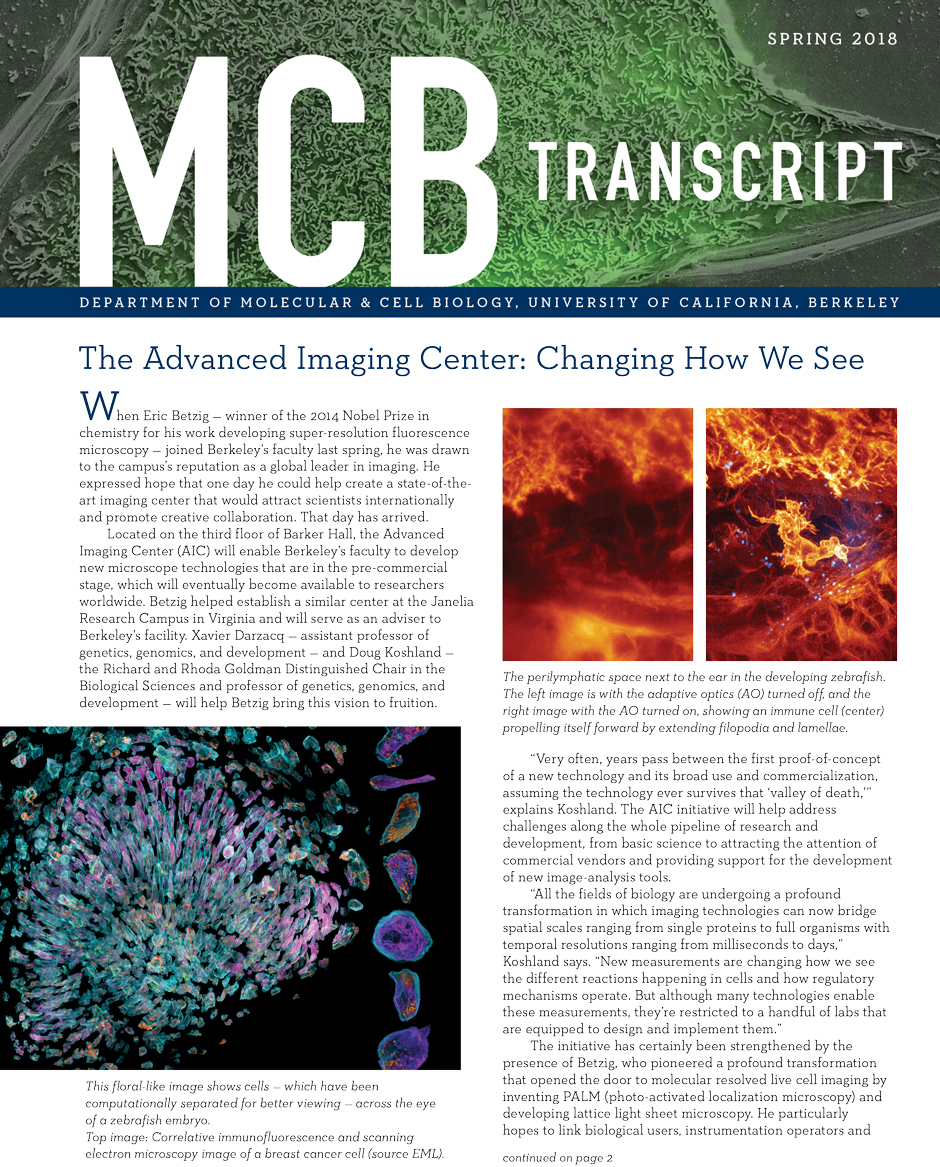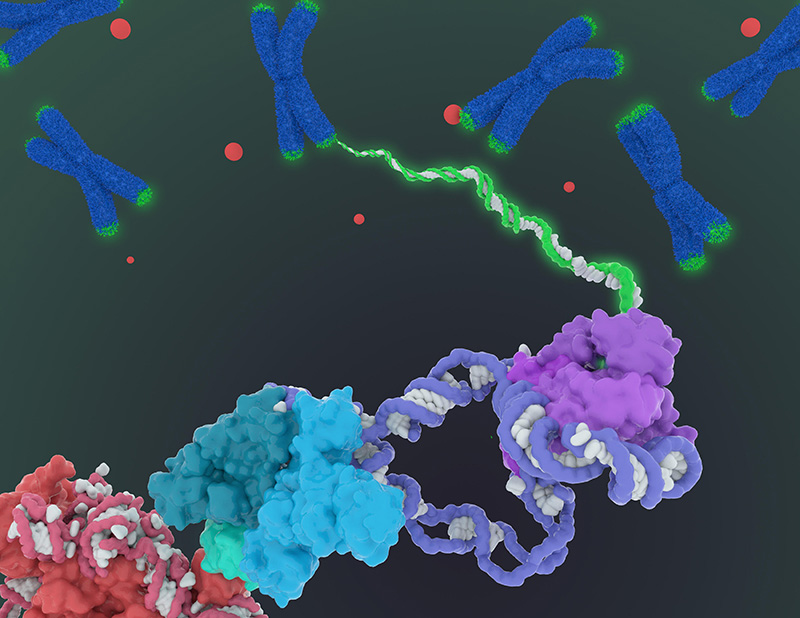MCB & Chemistry Professor Jennifer Doudna is a co-laureate of the 2018 Kavli Prize in Nanoscience for her groundbreaking invention of CRISPR-Cas9 technology.
The Kavli Prize is awarded biennially by the Norwegian Academy of Science and Letters and the Kavli Foundation and recognizes scientists who have made seminal advancements in the fields of astrophysics, nanoscience, and neuroscience.
 It's been an exciting and busy Spring!
It's been an exciting and busy Spring!